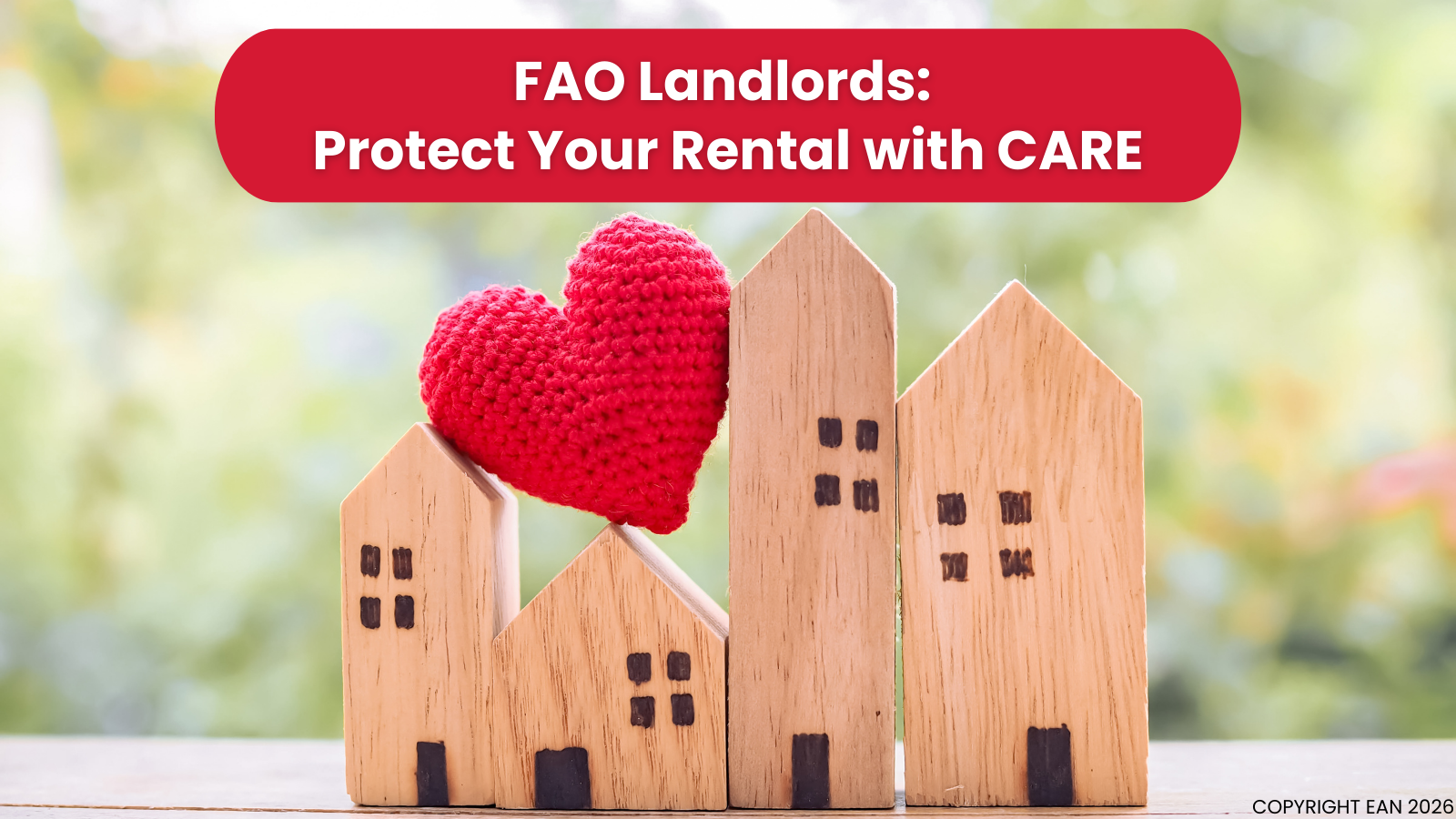Don’t let fraudsters swindle you out of your hard-earned money. Read on to discover what the ‘fake landlord’ scam is and how to protect yourself.
The fake landlord ruse has been around for years, but current market conditions mean that some renters are particularly vulnerable to this con right now.
Here’s how it works
A fraudster posts a property for rent online, complete with photos (usually stolen from a legit website). Often, they advertise on online community noticeboards so they can take advantage of free listings. However, some fraudsters go so far as to create an authentic-looking lettings website to lure people in.
The property advertised is reasonably priced or even below market value. Once the prospective tenant contacts the ‘landlord’ online to express an interest in the property, the real fun and games start.
The scam can play out in various ways, but most commonly, the ‘landlord’ claims that there’s fierce competition for the property and to avoid missing out, you need to act quickly.
The tenant will be urged to pay a deposit up front for a property that they haven’t viewed in person and without meeting the landlord.
Once the money is paid, the tenant never hears a peep from the charlatan again, and the fraudster is literally laughing all the way to the bank.
Be suspicious if the ‘landlord’:
- Can’t meet the person renting the property face to face (the excuse may be that the ‘landlord’ is ill or abroad).
- Will only communicate via email or WhatsApp.
- Asks you to pay a deposit or holding fee up front in cash or via a money transfer service without seeing the property.
- Offers to throw in a few sweeteners, such as free packing boxes or discounted removal services.
- Is willing to forgo the usual tenant referencing process and will let you move in before you’ve signed a lease.
How to protect yourself
- Be realistic. If a property listing looks like it’s too good to be true, it’s probably a scam. When a property is noticeably cheaper than similar properties on the market, alarm bells should start ringing.
- Never pay a deposit that is larger than five weeks’ rent.
- The National Residential Landlords Association says it’s always better to pay a deposit with a credit card or via direct debit to gain some protection from your bank.
- Check a bank account isn’t a money transfer service by using an online sort code checker.
- A good agent or landlord would never accept a tenant without referencing them or meeting them first. If someone is willing to do this for you, chances are they’re dodgy.
- Never act under pressure. Some fraudsters are skilful manipulators, and their excuses may seem plausible – until you step back and think the issue through clearly.
- Use a reputable letting agent.
For more information about lettings, get in touch with us in Ealing & Northfields here at Leslie & Co.


 3 minute read posted by
3 minute read posted by 



Share this with
Email
Facebook
Messenger
Twitter
Pinterest
LinkedIn
Copy this link